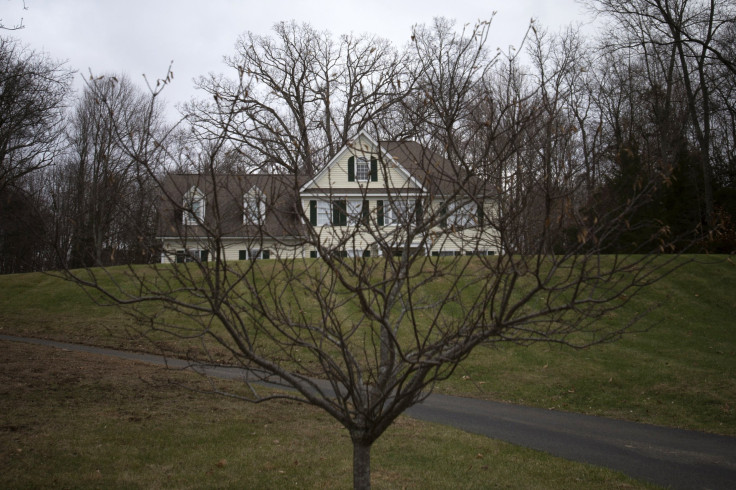Sandy Hook Report: Is Adam Lanza Mother A Victim? Not Included On Newtown List

A little over two years after Adam Lanza carried out one of the deadliest school shootings in history, the community of Newtown, Connecticut, is preparing a memorial for the dead. After a long discussion, they decided Friday that Lanza's mother, the first person he killed that day, should not be included among a list of victims on the dedication page of a forthcoming report on the incident.
The decision has highlighted an ongoing debate about the culpability of parents of mentally ill children and the health care resources available to them. While some say Lanza's mother, Nancy Lanza, could have intervened to stop the tragedy, others emphasize how difficult it can be to get adequate help.
“There are just so many misconceptions,” writer and mental illness advocate Liza Long told International Business Times. Her 15-year-old son was recently diagnosed as bipolar after she spent more than a decade seeking help for his violent behavior. “No parent is perfect, and a lot of people say that Nancy should have done more, but it’s hard to understand from the outside.”
On Dec. 14, 2012, 20-year-old Adam Lanza killed 20 first-graders and six teachers at Sandy Hook Elementary School before committing suicide. But his mother was the first to die that day. He shot and killed her while she slept before he left their home.
The Sandy Hook Advisory Commission, created just after the shooting, will soon issue a report with policy recommendations to prevent similar tragedies. The commission's current list of victims has 26 names and does not include Adam Lanza or his mother.
Questions about Nancy Lanza's culpability have been part of a growing debate in the small town, especially since a report from the state’s Office of the Child Advocate indicates that it is likely she purchased guns and that the family often went to shooting ranges; that may have encouraged her son in violent fantasies and at any rate gave him access to firearms.
“It is reasonable to wonder what actions [Adam Lanza] would have taken and whether the Sandy Hook tragedy could have occurred at all if he had not had unfettered access to significant weaponry and ammunition,” the report says.
But for Long, the most important part of the report wasn’t about the guns. It was about the trouble the Lanza family had after repeatedly seeking support. Adam did meet with psychiatrists on multiple occasions to deal with his mental illness. Some of the advice Nancy Lanza received over the years was contradictory.
“I think there is a misconception about parents of children with mental illness, and one is that you can easily get care for your child,” Long said. “Even if you have great insurance, finding a doctor can be overwhelming,” she said, adding that the best child psychologists are often in private practice, which is extremely expensive.
The report does note that “although parents and other legal guardians are ultimately responsible for their children’s health and safety, it is the educational and professional systems that must provide a safety net in instances where parents cannot or do not care successfully for a child.”
“It’s easy to judge,” Long said. “Those people who have it good ask why they couldn’t get their son help, but it’s not that simple."
She is not the only one who feels some sympathy for the killer's mother. “I am not certain it is morally right to not acknowledge her as a victim,” said commissioner Harold Schwartz, a psychiatry professor at the University of Connecticut School of Medicine, at a Friday hearing. But, according to the Associated Press, he acknowledged that families of other victims might not want her name on the same list as their murdered loved ones.
© Copyright IBTimes 2024. All rights reserved.





















